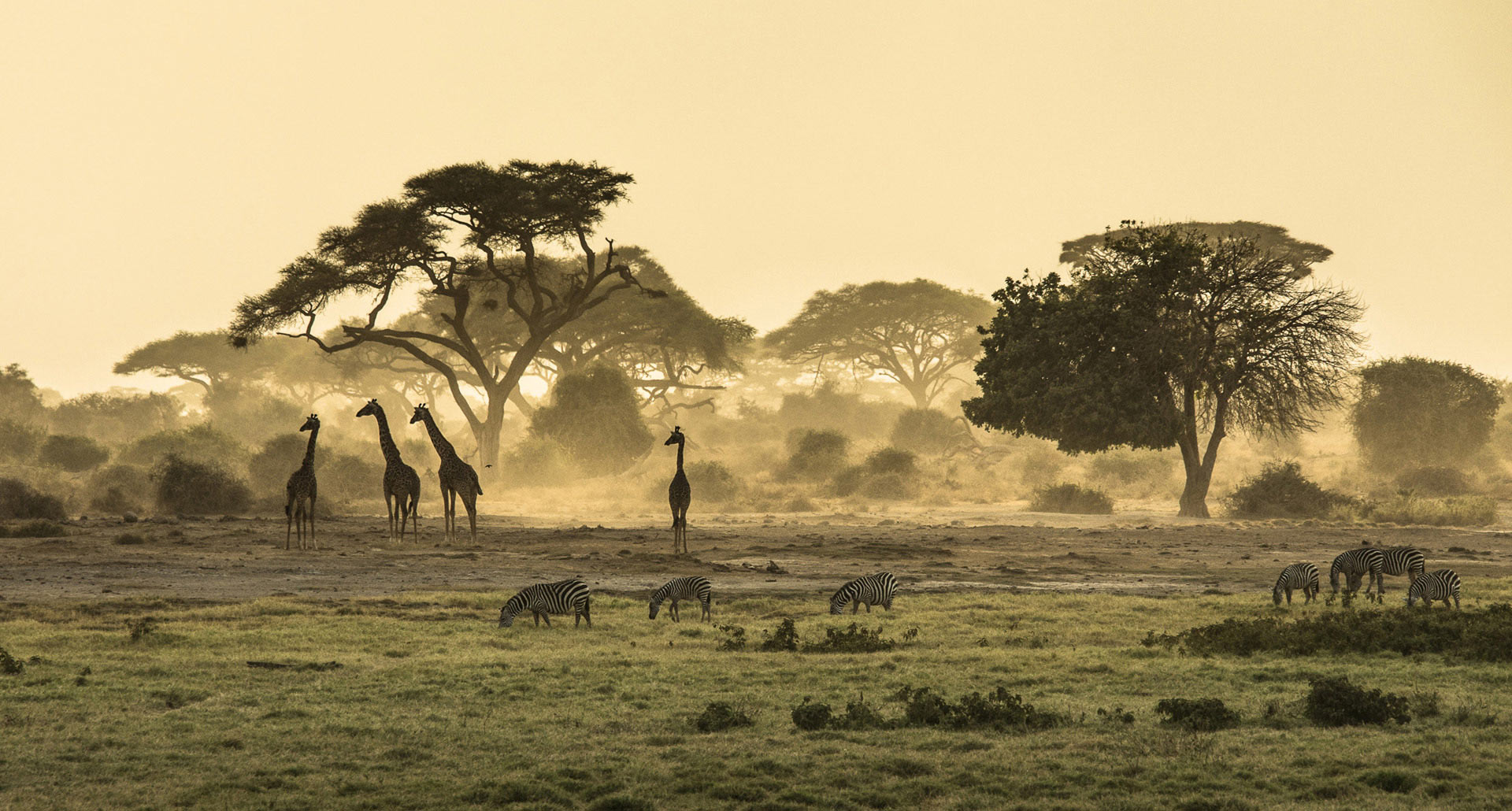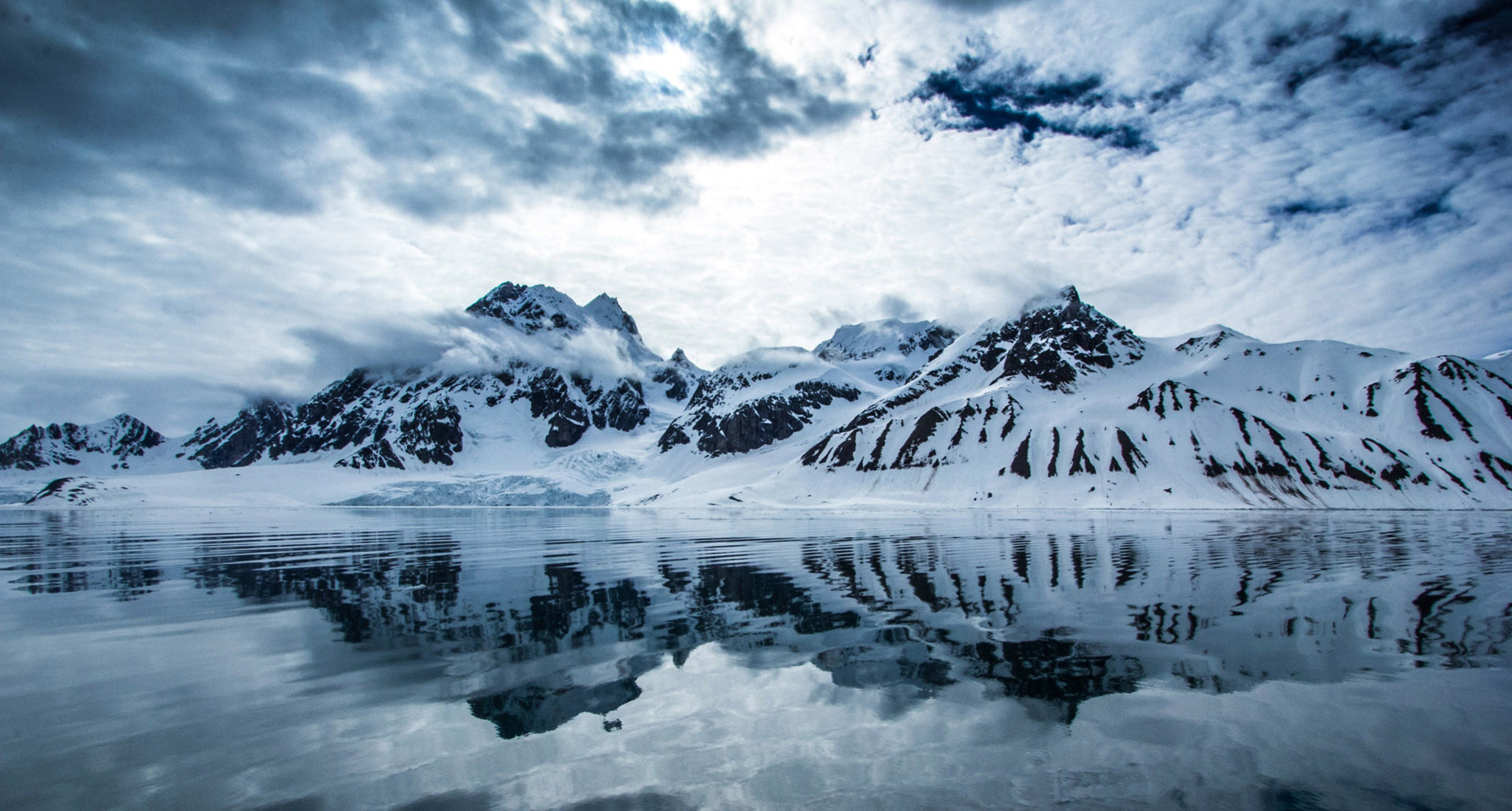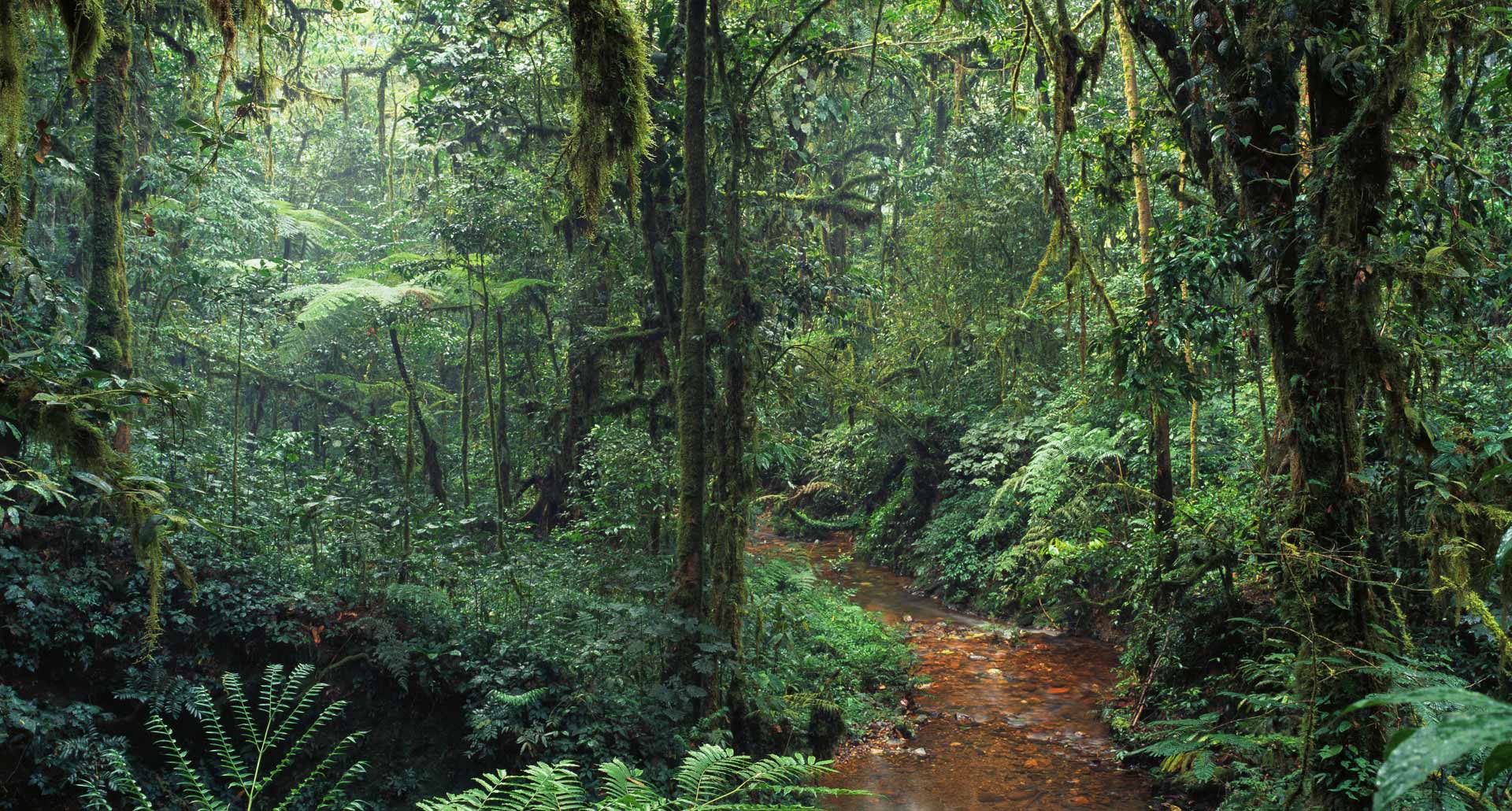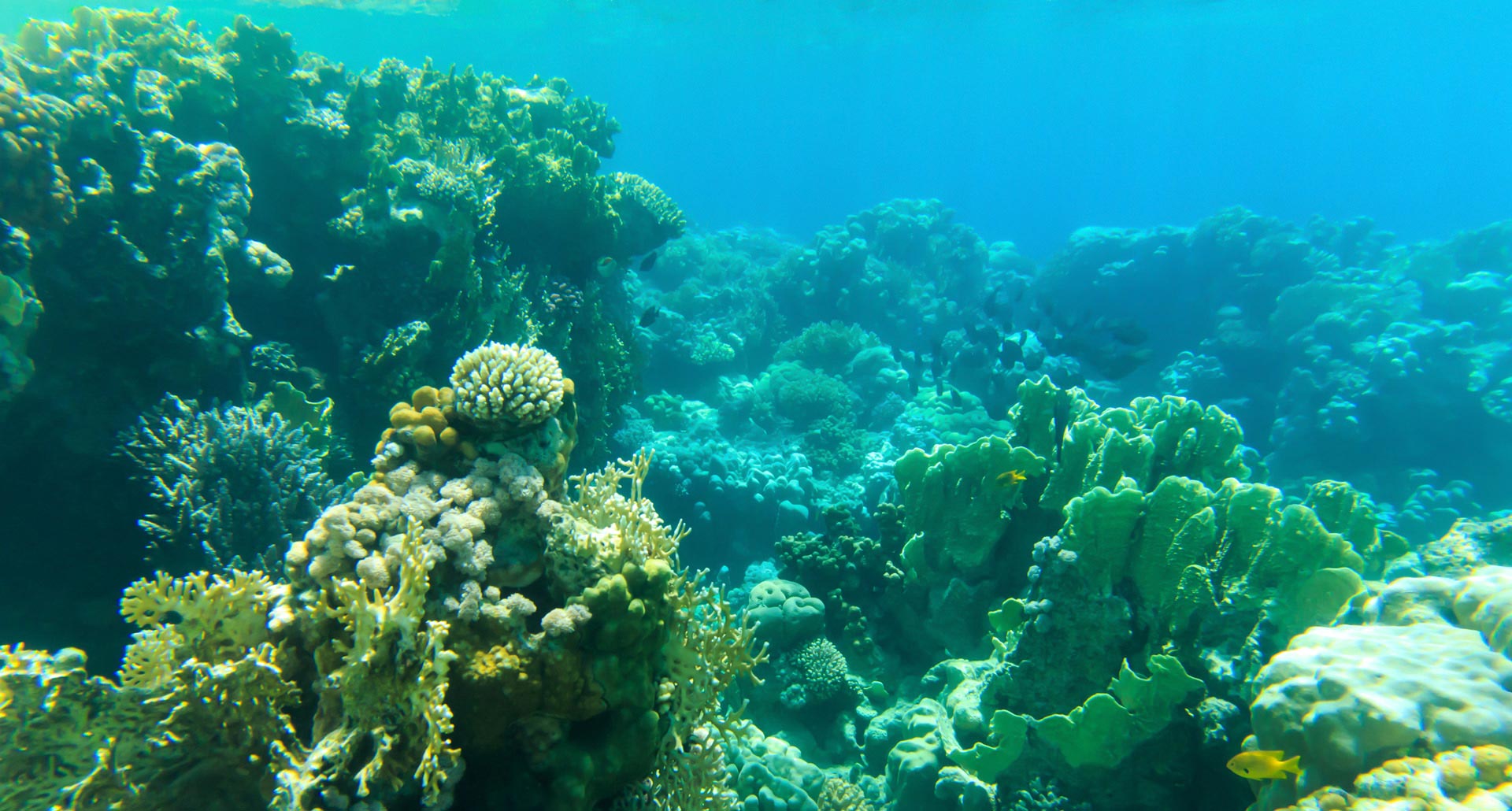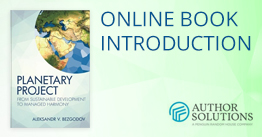Secretary-General’s Trillion
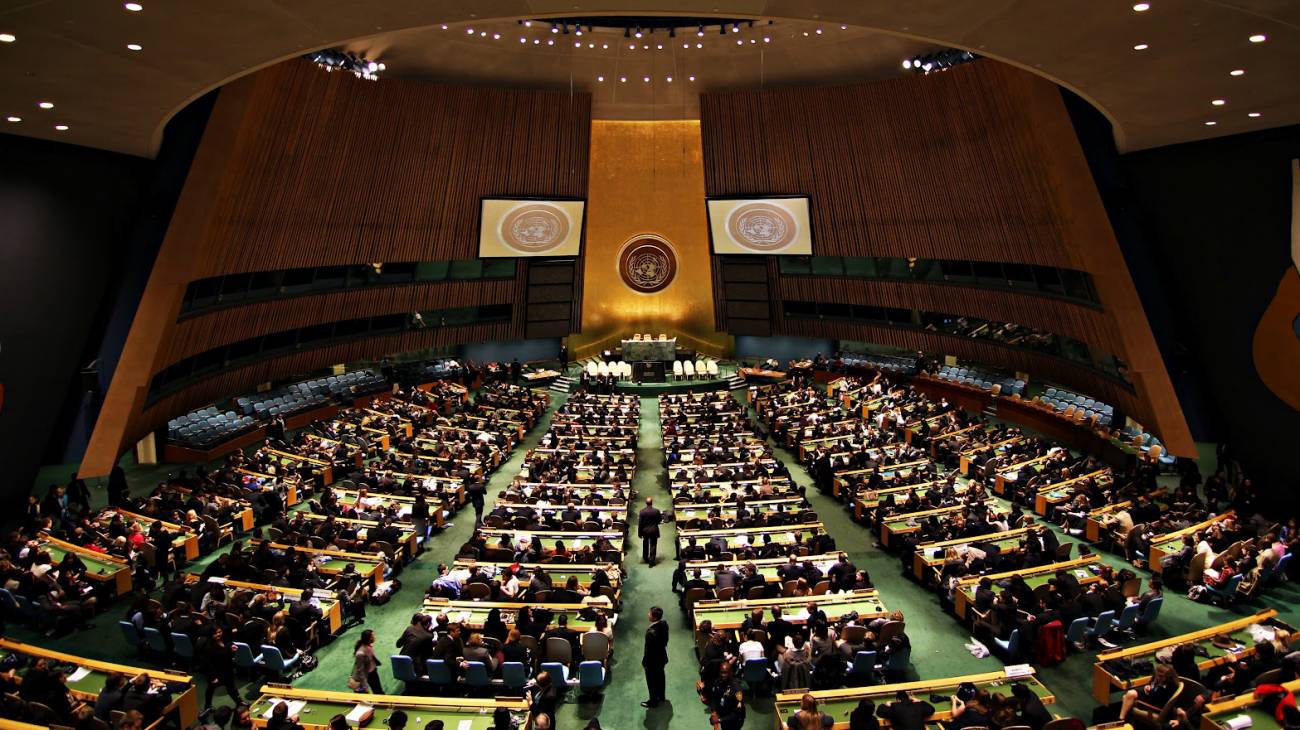
Again, the last session of the UN General Assembly marked the split in the political elites. Economic and financial conflicts, territorial claims, ideological and national disagreements, local wars are not without the participation of superpowers ... Global threats to human civilization are growing (all these processes are detailed in the studies conducted by Planetary Development Institute researchers), while attempts have failed to make different nations joined forces to overcome the crisis. Adopted in order to ensure peace, security, eradicate poverty and protect the environment back in 2000, the United Nations Millennium Declaration has not yet been put to practical use.
The reality of the negative effects of global warming has forced individual countries to develop their own environmental programs. They were presented at UN headquarters as part of a special climate summit. Opening a forum of 195 countries of the world, Secretary-General António Guterres said that if people do not change their lifestyle, there will be no life as such: “Our warming earth is issuing a chilling cry: Stop. Glaciers are melting and corals are bleaching. Droughts are spreading and wildfires are burning... As the scientific community has told us again and again, we need to cut greenhouse emissions by 45% by 2030; reach carbon neutrality by 2050; and limit temperature rise to 1.5 degrees by the end of the century.”
In her angry United Nations speech the young Swede Greta Thunberg accused the older generation of inability to prevent the impending catastrophe: “We are in the beginning of a mass extinction, and all you can talk about is money and fairy tales of eternal economic growth.” In response to the green youth leader’s call the official delegations made their environmental commitments. Around seventy countries announced their transition to “zero hydrocarbon emissions” by the year 2050. Within 10 years, small island states plan to provide themselves with exclusively renewable energy sources. Over the same time, more than 11 billion trees will be planted from Colombo to Nigeria, from New Zealand to Barbados, and from Pakistan to Guatemala. To save the rainforests, Germany alone allocates 250 million euros, and the World Bank accumulates at least one billion dollars for these purposes under its PROGREEN program. A group of the world's largest asset owners managing investments worth more than $2 trillion have committed themselves to fully transition to carbon-neutral investment portfolios over a quarter-century. They appealed to world leaders to stop subsidizing the extraction and production of fossil fuels. The World Bank is also stopping support for the oil and gas industries, and the leader of the transnational insurance business AXA Group is winding up its cooperation with coal miners. In conclusion, the UN Secretary-General personally pledged to mobilize a trillion dollars in the next five years to finance clean energy in the 20 least developed countries.

